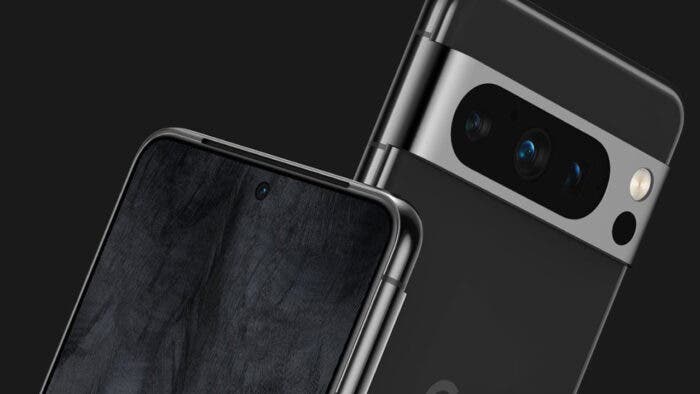Google Pixel phones have a good reputation in the smartphone camera segment. Thanks to Google’s heavy emphasis on computational photography, Pixel phones tend to perform better than expected. Better than expected? Well, these devices do not really come with state-of-the-art hardware. And that can make you wonder what will happen with the Google Pixel 8 lineup.
On Pixel 6, which launched back in 2021, Google utilized a 50MP ISOCELL GN1 sensor for the primary camera. It was a major shift as the past generations utilized the same sensor as Pixel 3. This shift allowed Pixel 7 to make names in terms of smartphone photography. And we will see something similar happen with the Google Pixel 8 series.
Google Pixel 8 Series to See A Considerable Camera Hardware Upgrade
This year, both the Google Pixel 8 and Pixel 8 Pro will get a major upgrade in the camera hardware. According to the report of Android Authority, a trustable source for everything related to Android, Google will switch to ISOCELL GN2. This shift will bring a couple of improvements. They are –
A Larger Primary Sensor Means Better Photos
First of all, the ISOCELL GN2 is larger than the GN1 used in the Google Pixel 7, allowing the phone to capture 35% more light than its predecessor. It will also enable the Pixel 8 series to perform better in low-light scenarios. And as the sensor has a faster shutter speed, there will be reduced motion blur in the captured photos.
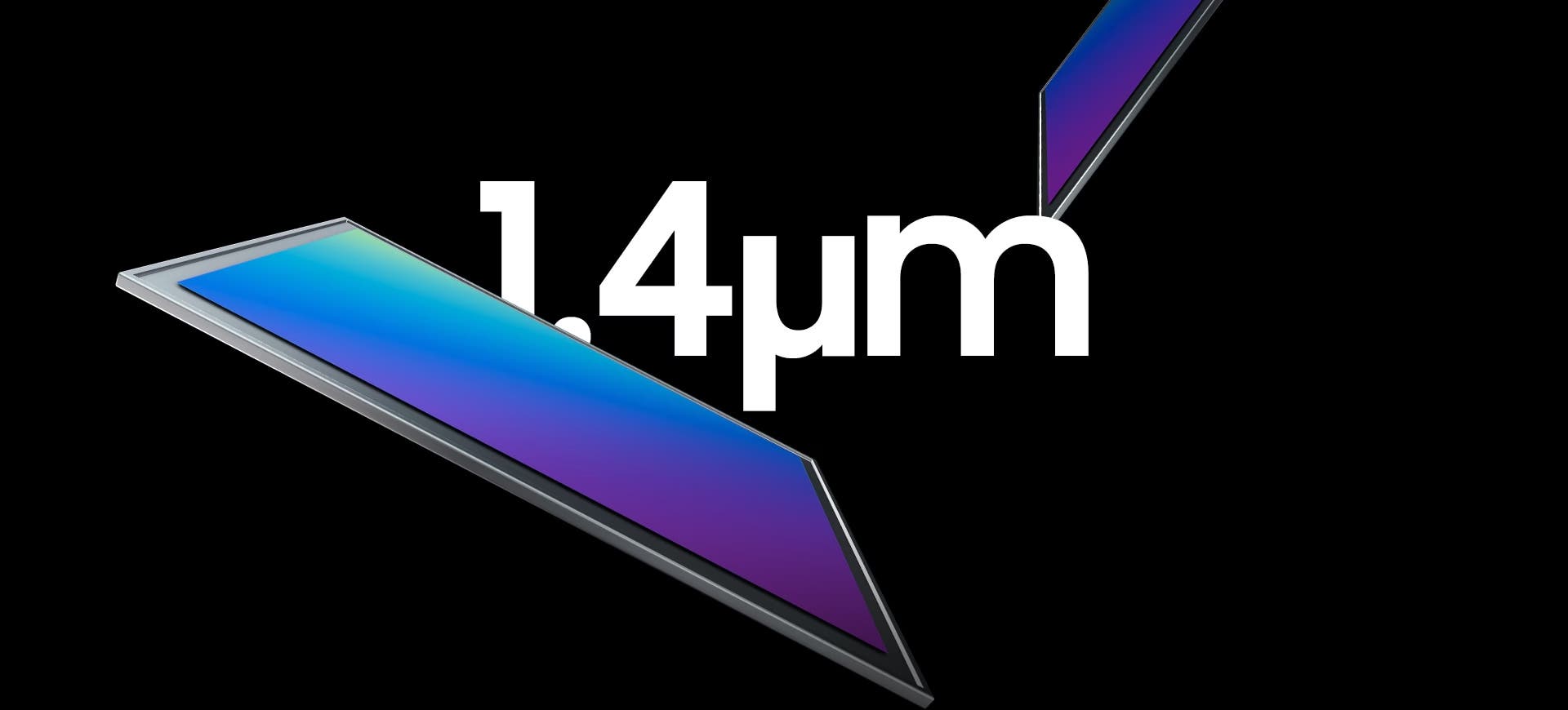
A Better Primary Sensor Will Result in Better Video Capturing Abilities
The ISOCELL GN2 has the support for capturing 8K/30 FPS videos. And the great part is that the Tensor G3 of the Google Pixel 8 series will have the support too. However, this feature might not make it to users of the Pixel 8 as it’s not currently supported on GCam (the camera software of Pixel devices).
![]()
Moreover, the existing phones tend to run notoriously hot while capturing 4K/60FPS videos. So, even though the hardware might be capable, Google might not offer the 8K/30 FPS video capturing mode on the Pixel 8 devices.
Staggered HDR Support On Google Pixel 8
As reported by Kamila Wojciechowska, a trustworthy source for inside news, Google Pixel 8 will bring Staggered HDR. This will reduce the delay between the frames while capturing HDR photos. Eventually, there will be minimal ghosting, and the device will be capable of capturing HDR photos quicker.
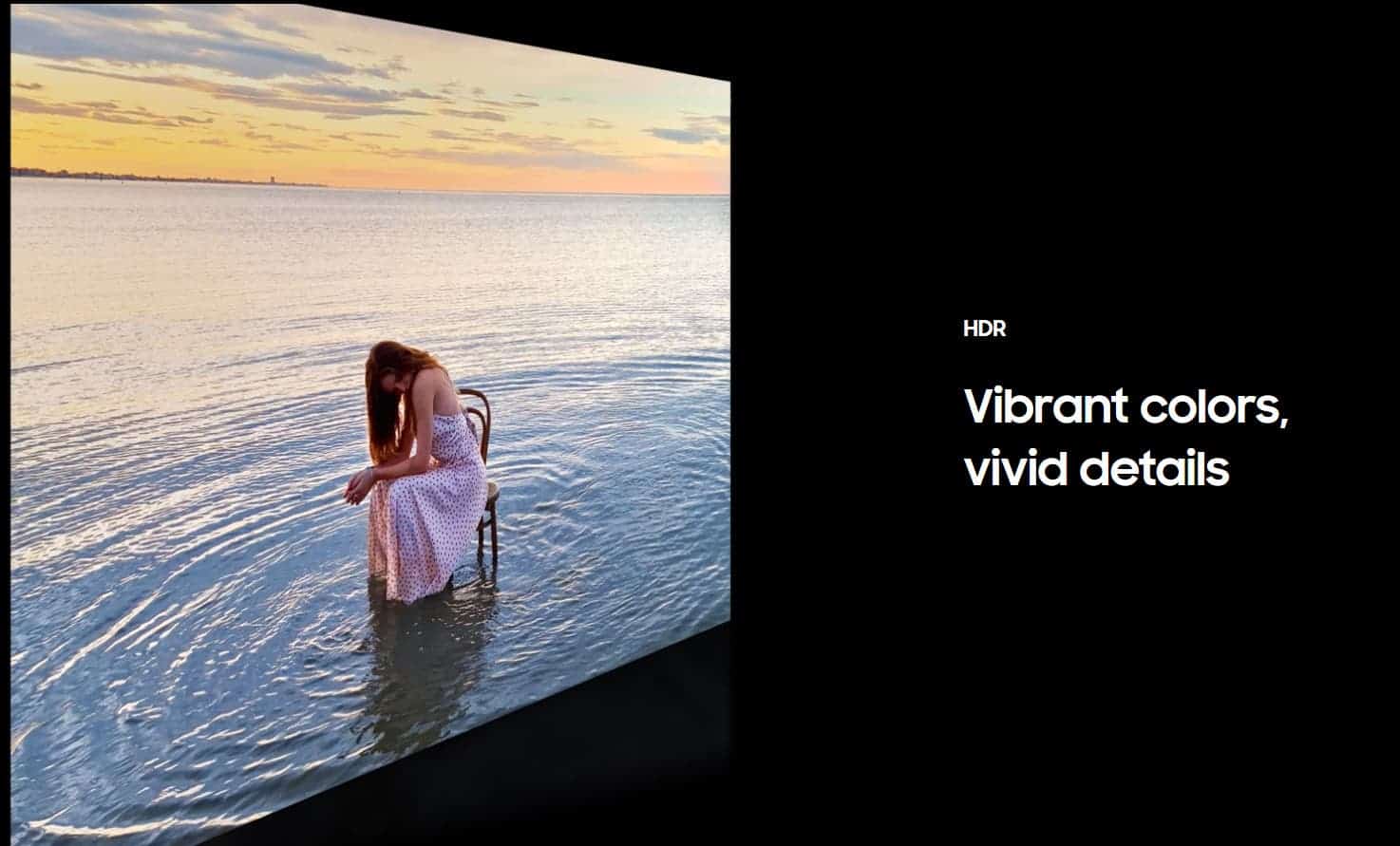
Other Camera Hardware Upgrades of Google Pixel 8 Series
It’s not just the primary camera that will see an upgrade in the Google Pixel 8 series. In addition to that, the Pixel 8 Pro will receive a much-needed ultrawide camera upgrade. After all, if you asked me, the Sony IMX386 is ancient hardware. It debuted back in 2016. Well, it’s time for the sensor to say goodbye.
Google has upgraded the ultrawide camera of the Pixel 8 Pro with a 64MP Sony IMX787. It is the same sensor that’s found in the primary camera of Google Pixel 7a, a phone that Google recently released.
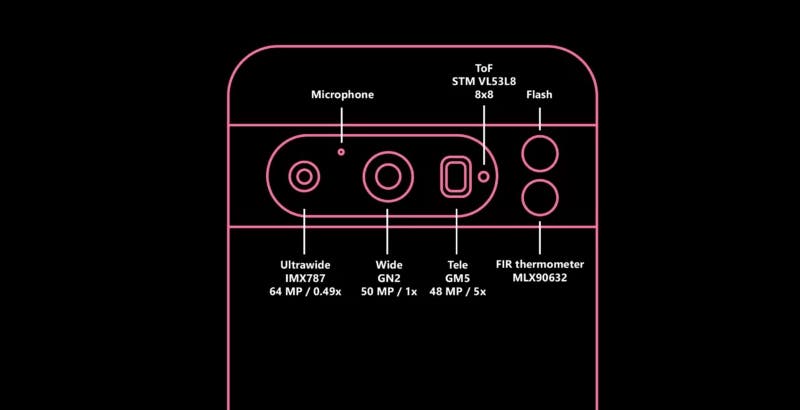
In comparison, the IMX787 of the Google Pixel 8 Pro is around twice the size of the IMX386 found in the Pixel 7 series. This will offer improved and much more detailed photos from the ultrawide camera. Google has also made the lens slightly wider, which should result in more wide photos.
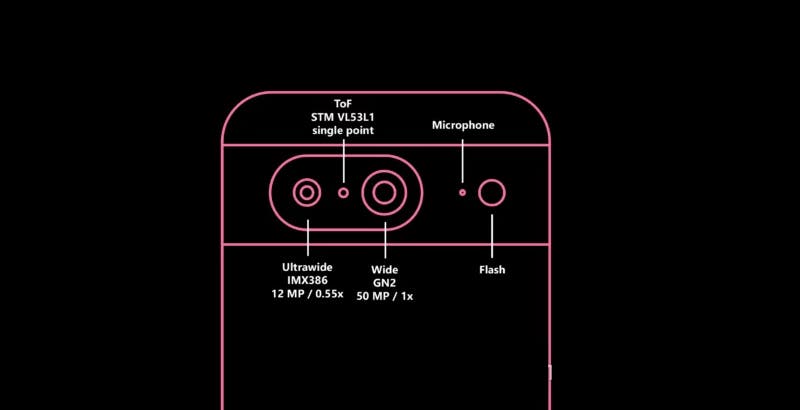
While there’s no specific info available about the sensor’s field of view, there has been a bump in the zoom ratio. It will be 0.49x from 0.56x. Moreover, Google will likely introduce the macro feature that the Google Pixel 7 series missed. But, as of now, Android Authority reports that the feature is disabled in the Pixel 8 Pro.
Improve Time of Flight Is Coming
You may not know it, but all the phones since the Pixel 6, except the A series devices, came with a time of flight sensor. This single-point sensor is there to aid the autofocusing abilities of the cameras. As a result, the resulting pictures looks properly focused on the subject.
But for the previous devices, Google utilized STMicroelectronics VL53L1 time of flight sensor. With the Pixel 8 Pro, Google will introduce the improved VL53L8 sensor in the lineup. It’s a new 8×8 ToF sensor that will offer better-focusing abilities.
Having a LiDAR sensor, such as the IMX590 found in the iPhone 14Pro, would have made the phone much more versatile. But there’s no denying that the ToF upgrade is surely a notable feature.
Improved Software Features Are on Their Way
The camera software of the Pixel 8 is currently in the early stage. Developers are mostly working to make the new hardware work. However, Google did include some new features in this early version of the software.
One new feature is the ‘Adaptive torch,’ which adjusts flash intensity based on the scene. It will eventually prevent overexposed shots in low-light conditions.
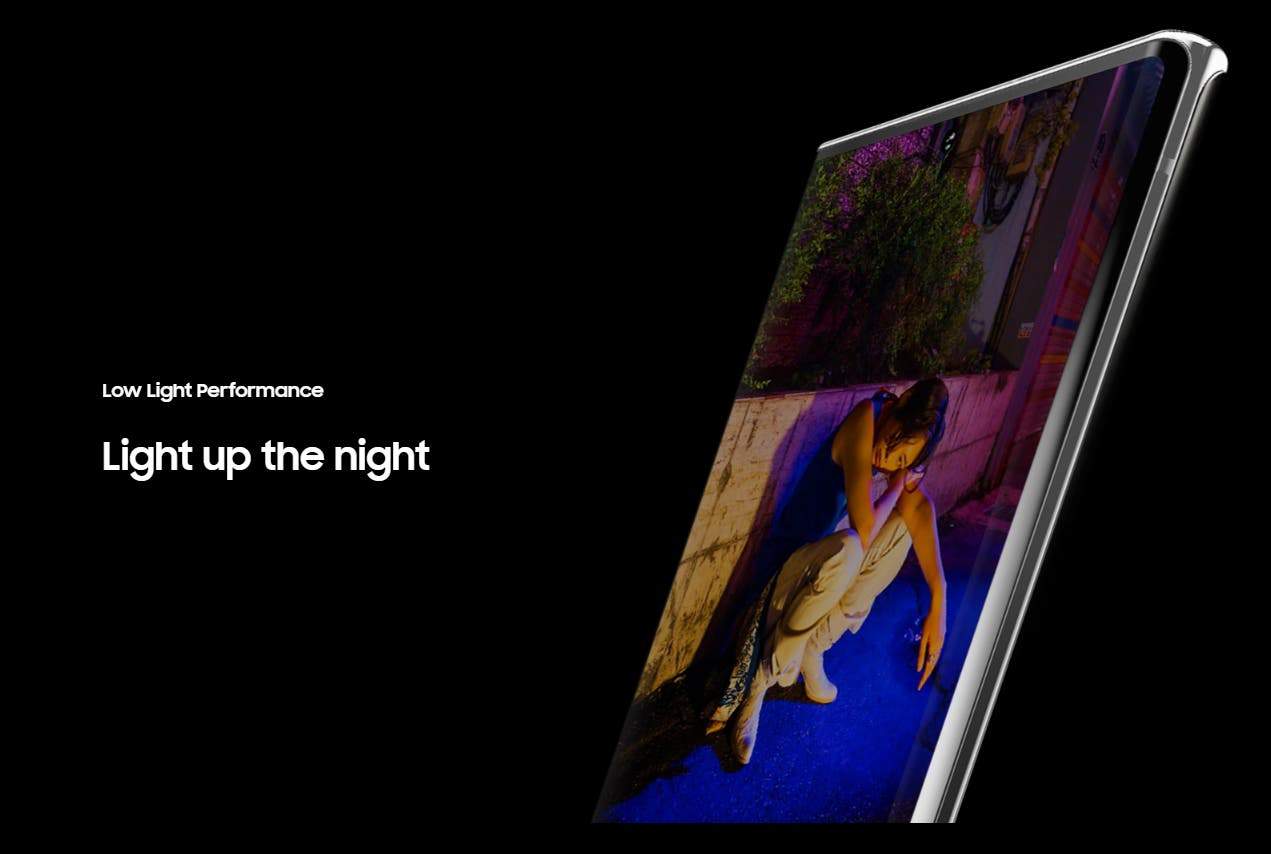
Another notable software feature of the Google Pixel 8 is the “Segmentation AWB.” As you might have guessed, this feature will segment the scene into different parts using AI. Then, it will selectively apply different processing to each part of the image. This will eventually result in better-looking shots.
That said, the segmentation feature will not be something new in the smartphone world. Qualcomm has announced something similar with the Snapdragon 8 Gen 2. But it will be interesting to see how Google handles it in the Pixel 8 series.
Finally, Google may also add video bokeh blur on the cinematic mode of Pixel 8 devices.

